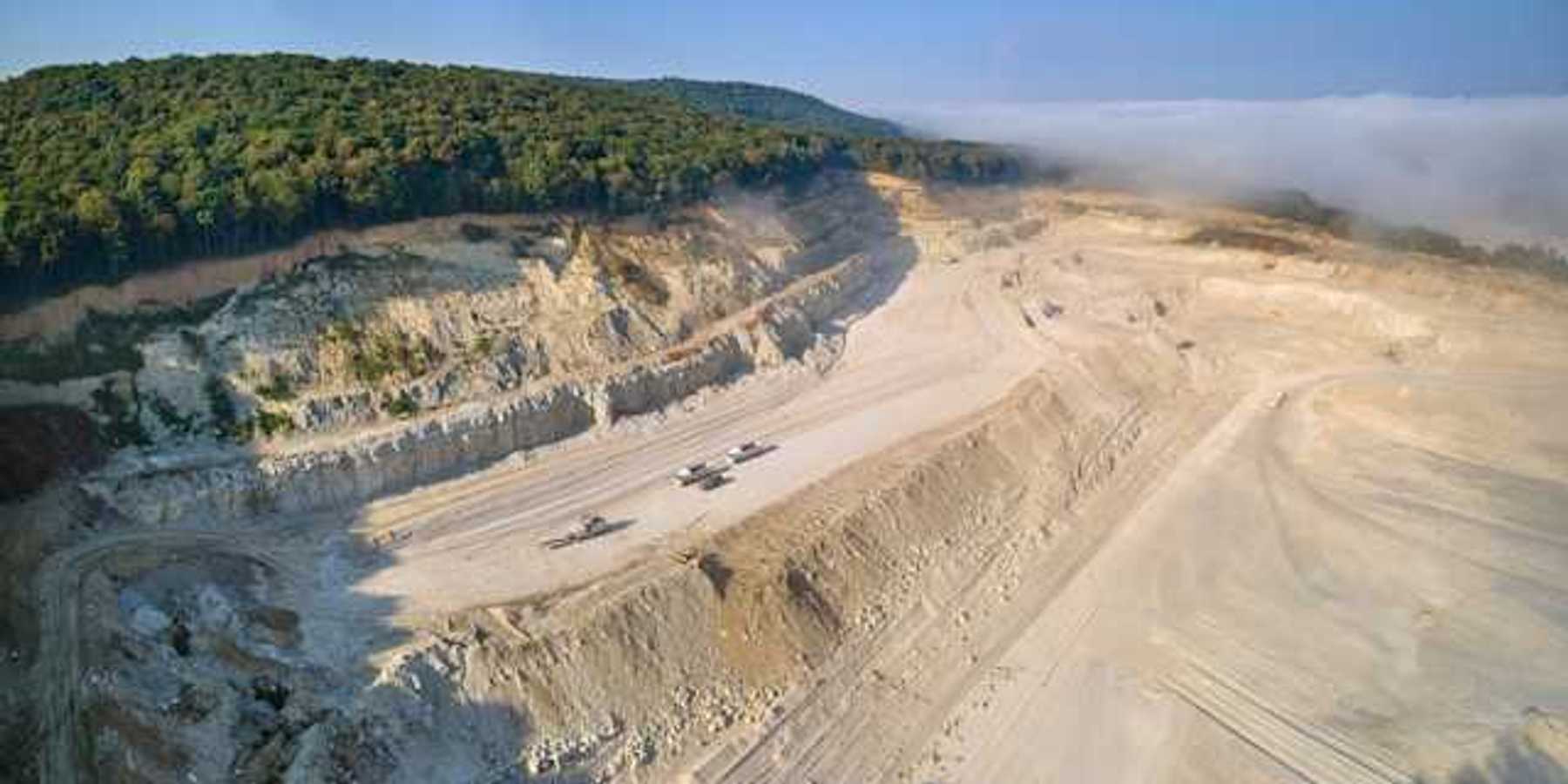Tracking the hidden origins of Amazon beef in global markets
Journalist Marcel Gomes has revealed a complex global supply chain connecting Amazon deforestation to beef in U.S. and European markets.
Yale Environment 360 interviews Marcel Gomes.
In short:
- Marcel Gomes of Repórter Brasil traced beef from JBS, the largest meat processor, back to Brazilian ranches involved in illegal deforestation.
- His investigative work led to major European retailers halting their purchases of JBS beef, though tainted products remain on shelves.
- Gomes emphasizes the need for better tracking systems in Brazil to prevent "cattle laundering" and ensure cleaner supply chains.
Key quote:
“We need to change the system in Brazil, to find a new way to trace the cattle moving between farms and to stop cattle laundering.”
— Marcel Gomes, investigative journalist
Why this matters:
For consumers worldwide, especially those conscious of their dietary choices' ecological impacts, this connection raises concerns about the sustainability and ethics of the beef they consume. It also places pressure on regulatory bodies and governments to enforce more stringent standards on multinational corporations like JBS to ensure they uphold environmental commitments and prevent further illegal deforestation.
Peter Dykstra: “I could lose five pounds just writing down why I’m a climate-writing, meat-eating, climate-destroying hypocrite.”













